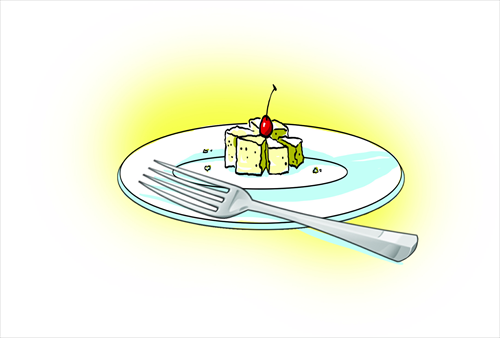HOME >> OP-ED
Germany's interests tightly tied with whole of eurozone, for good or ill
Source:Global Times Published: 2013-11-12 22:58:01

Illustration: Liu Rui/GT
Facing the current eurozone crisis, the only choice that Europeans have is to endeavor to push the EU as a whole to develop in a competitive way.
Today there are some voices among ordinary Germans saying that it's not fair for Germany to bail out countries in southern Europe that perform poorly but still enjoy high social benefits.
In my perspective, Germany relies on Europe as a market and the EU as a bloc. It is in Germany's interest that the whole of the EU can develop in a good way.
Among Germans, there is a certain degree of reluctance to take a leading role in bailout efforts in the current eurozone crisis.
I think Germany has a psychological problem. It goes back to WWII. The idea of Germany as a military power is rejected because of Germany's defeat, because of Nazi Germany, and because of recollection of psychological guilt.
That made them very reluctant during the Libya intervention in 2011. Germany wasn't in it. It didn't want to be associated with a war against then Libyan leader Muammar Gaddafi.
In economics, it's the same. A decade ago, Germany's labor market reforms led to the creation of new jobs, many of which are low-paid. Thanks to controlling wage inflation, the German economy is very successful, which makes it a rich country. The idea that Germany is too poor to bail out southern European countries is wrong.
There is a typical mentality among German public: Why should we pay for the Greeks to go to the beach? This is very short-sighted. Germany needs a strong Europe and a strong eurozone.
The major problem of Europe is the north-south gap: a rich north and a poor south. Germany has no way to go. If they want to keep the EU and eurozone together, they have to bail out the south.
Germany has benefited from the EU. In 1999, Germany had a big problem. The Deutschmark was very strong. Germany went into the eurozone at a great rate. It had in fact 25 to 30 percent devaluation, and in any other circumstances, that would be called a competitive devaluation.
Germany helped create the euro. But this boosted German exports. Germany now has 45 percent of all European exports to China. Germany's sales would have been much more expensive to China if it hadn't switched to the euro.
Stereotypes are not always accurate. The Greeks have a different culture. The Greek state broadcast system has more than twice the number of employees that it needs, as political patronage has led to massive overemployment in the public sector, making it disastrously inefficient.
Different political parties promised different jobs over the years. The right, left and center all did it. The result is a huge public sector that is not very efficient.
There is often criticism that the Greek government lied about their debt. But the truth is they don't know how much debt they have. They weren't lazy, they were just badly organized.
When everything is okay, we Europeans didn't think about potential problems. Now there is a eurozone crisis, and we are now exposed to real worries. We don't know what to do. Is it going to be a relative decline or an absolute one? It remains to be seen.
High welfare is a problem. But politically it's difficult to take away what people feel entitled to. And Europeans pride themselves for being a caring society.
However, one thing that has been taken away is youth employment. We have an aging problem, and we have a labor force shortage problem now.
There are suggestions that those who perform badly should be kicked out temporarily from the EU. But when countries joined the EU, there was no mechanism to kick some out later. It wouldn't be attractive if there were such a mechanism. You cannot just kick people out, and then bring them back when they improve.
The best political solution is not to shrink the cake. It's much better to bake a bigger cake than to try and cut the cake into smaller slices.
The article was compiled by Global Times reporter Chen Chenchen, based on an interview with Giles Merritt, director of Security & Defence Agenda and secretary general of Friends of Europe. chenchenchen@globaltimes.com.cn
Posted in: Viewpoint